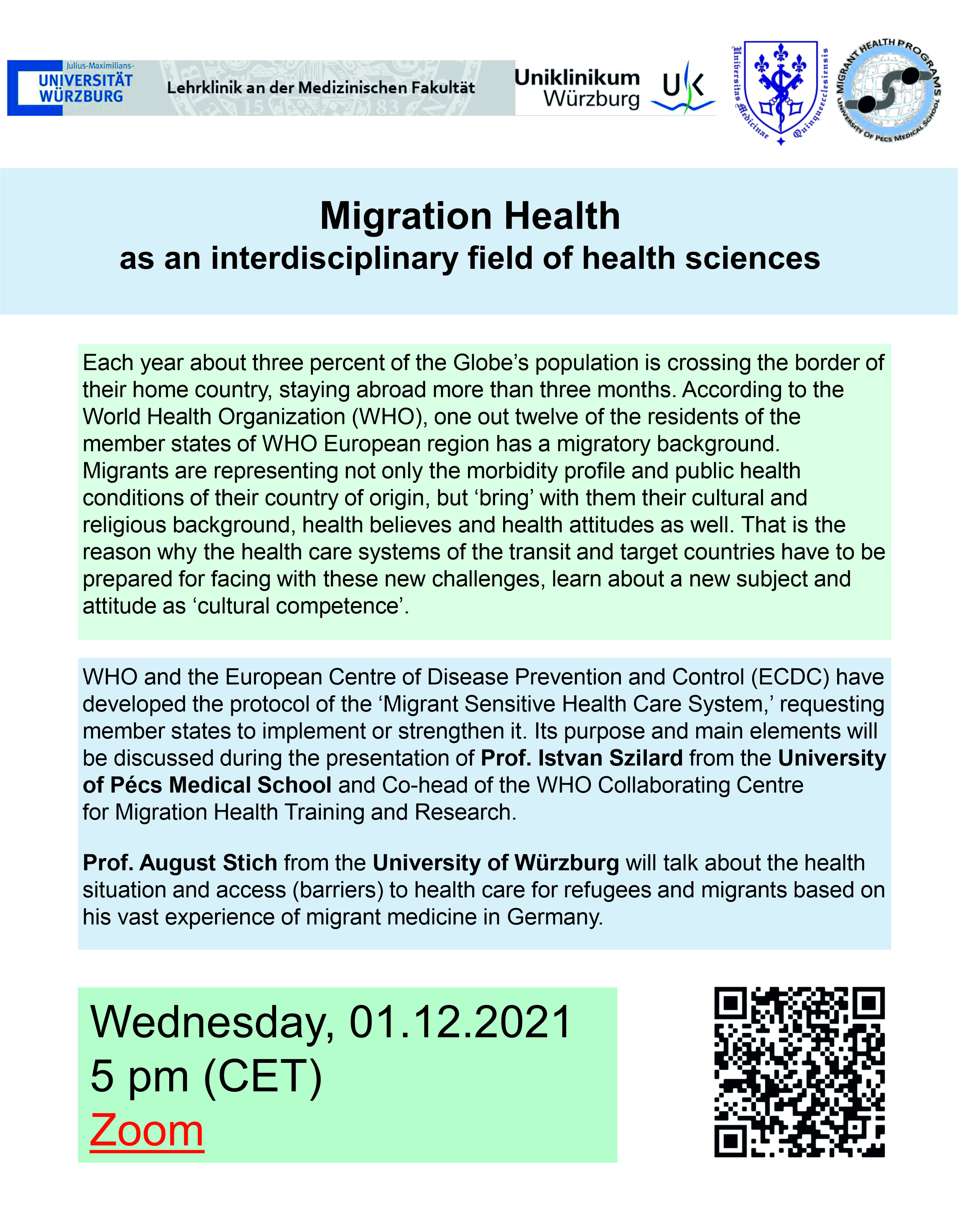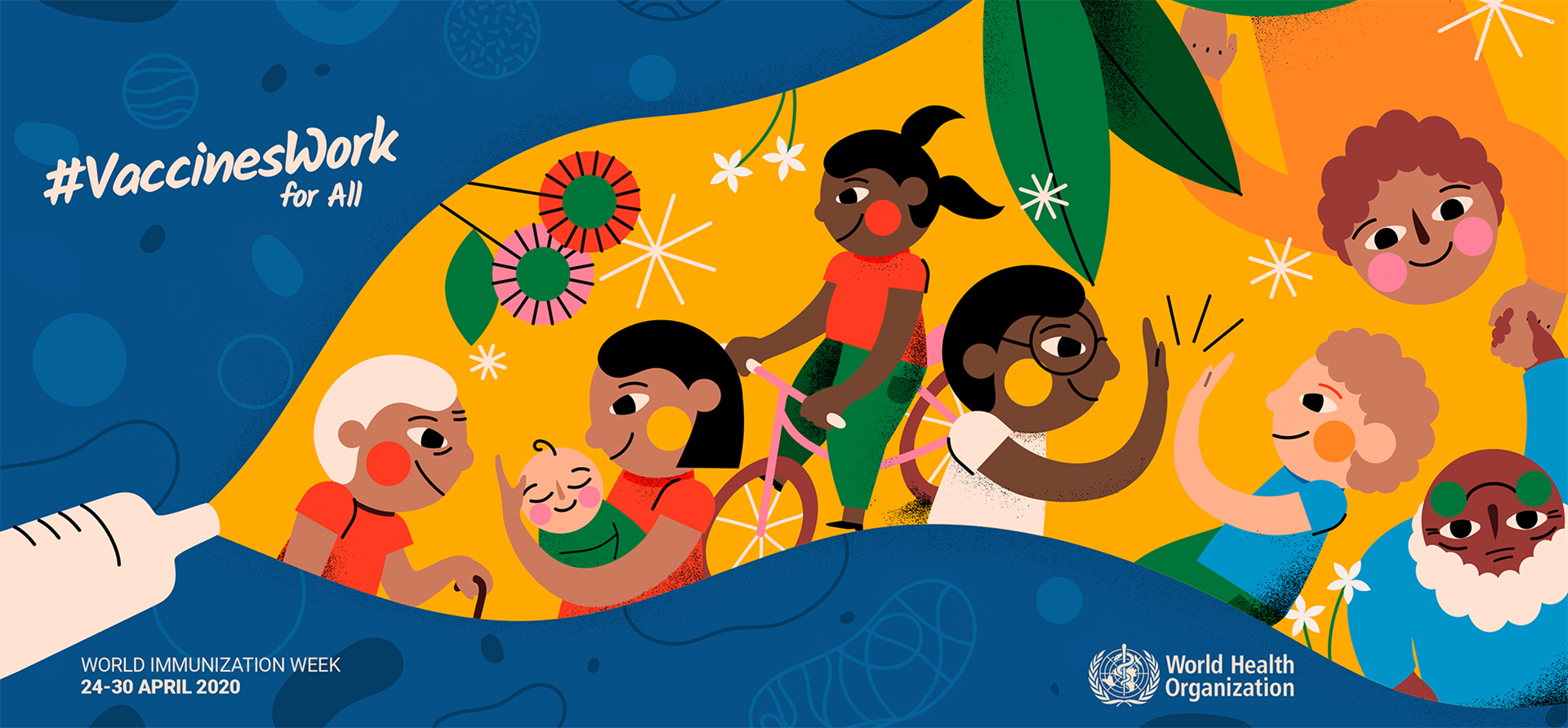World Immunization Week 2025 - 24 to 30 April
Immunization for All is Humanly Possible
Vaccines are one of humanity’s greatest achievements.
Over the last 50 years, essential vaccines have saved at least 154 million lives. That’s 6 lives a minute, every day, for five decades.
In these 50 years, vaccination accounts for 40% of the improvement in infant survival, and more children now live to see their first birthday and beyond than at any other time in human history. Measles vaccine alone accounts for 60% of those lives saved.
There are more lives to be saved by building on these achievements. The future of immunization means not only reaching millions of children who have never received a single shot, but protecting grandparents from influenza, babies from malaria and RSV, pregnant mothers from tetanus, and young girls from HPV.
We are at a watershed moment in the history of global health. Hard-won gains in stamping out diseases that are preventable through vaccination are in jeopardy. Decades of collaborative efforts between governments, aid agencies, scientists, healthcare workers, and parents got us to where we are today –– a world where we’ve eradicated smallpox and almost eradicated polio.
Under the banner, ‘Immunization for All is Humanly Possible’, World Immunization Week 2025 aims to ensure even more children, adolescents, adults – and their communities – are protected against vaccine-preventable diseases.
Vaccines are proof that less disease, more life is possible when we put our minds to it.
It’s time to show the world that Immunization for All is Humanly Possible.





